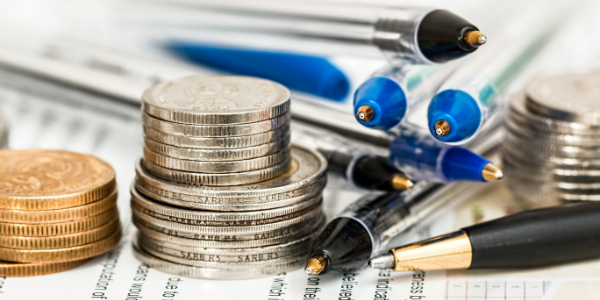 Image Source
Image Source
The borrower's interest rate is 7.00%.
Step 2: The payoff amount N: 72 (The borrower pays off in 6 x 12 = 72 months) I/YR: 7.00 (The loan's interest rate is 7.00%, calculated in Step 1) PV: 100,000 (The borrower starts out owing $100,000) PMT: -898.83 (The borrower's monthly payment is $898.83) FV: (This is what I'm trying to find)After 6 years, the borrower still owes $71,870.02, which is the payoff amount.
Note that if you used the calculated result from Step 1 here instead of typing it in, you'd be using 7.000030929%, and your FV would be $0.20 higher than this. Since banks don't tend to use 6+ decimal points in their interest rates, I used a flat 7.00%, as I feel that's probably what would happen in the real world in this situation. On a side note, if a difference of 20 cents will make or break a deal, you might want to think twice about doing the deal. Step 3: Calculating my return N: 72 (I get paid off after 6 x 12 = 72 months) I/YR: (This is what I'm trying to find) PV: -79,000 (I paid $79,000 for the note) PMT: 898.83 (I received $898.83 monthly payments from the borrower) FV: 71,870.02 (The borrower pays off the loan for $71,870.02, calculated in Step 2)My return on my $79,000 investment is 12.64%.
If you recall from last time, I was able to get an even higher return by selling the note to Brenda, but the reason for the difference was the shorter length of time I held the note - if you were to run this same question but with the 3-year time frame from last time, you'd see that my returns would be higher than 12.64%... and even higher than when I sold the note to Brenda.What do you think? Would you prefer to get paid off, or would you like to continue receiving payments? Would you be happy getting a big payoff for a higher return, or do you favor the income? Why or why not? Let us know in the comments!